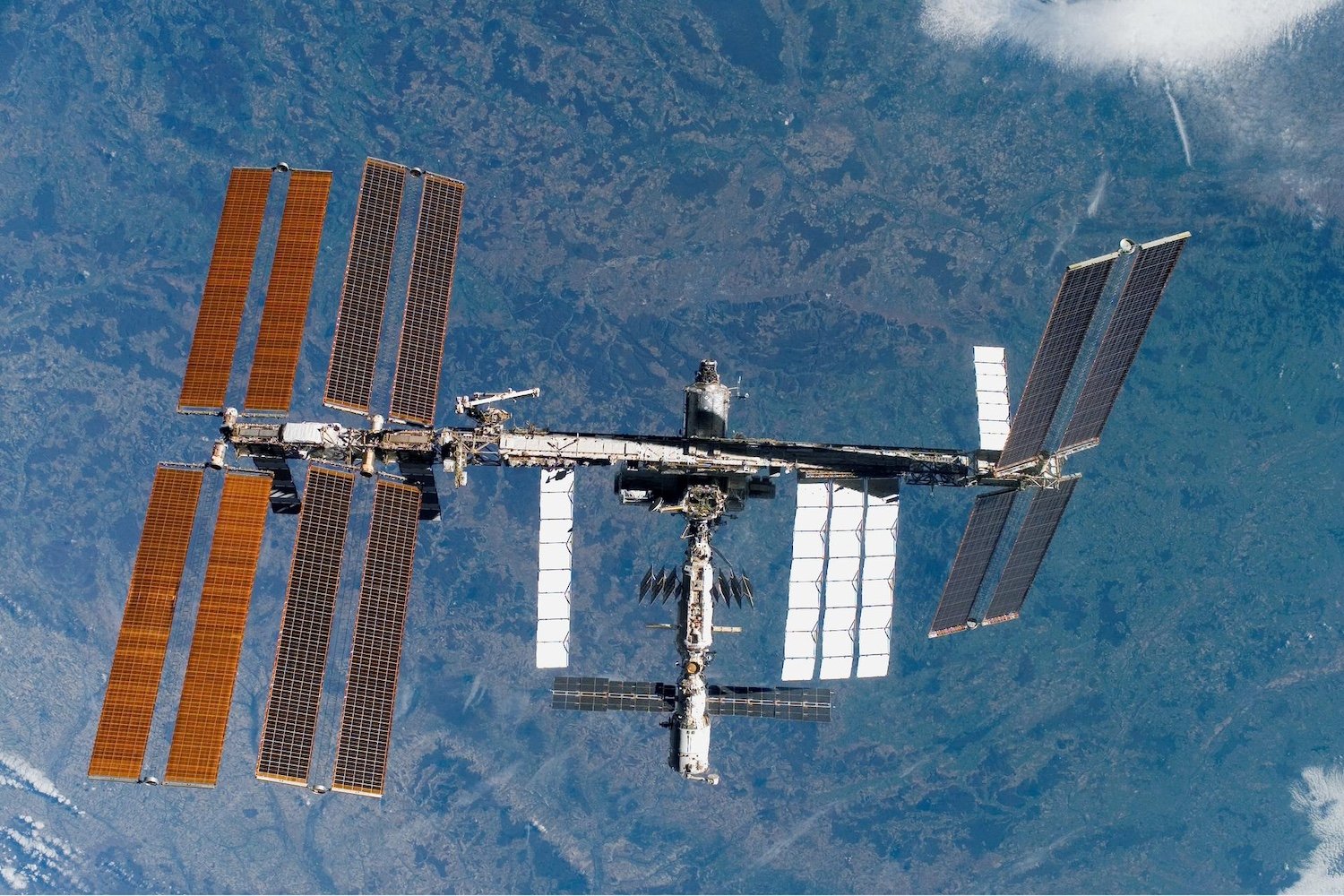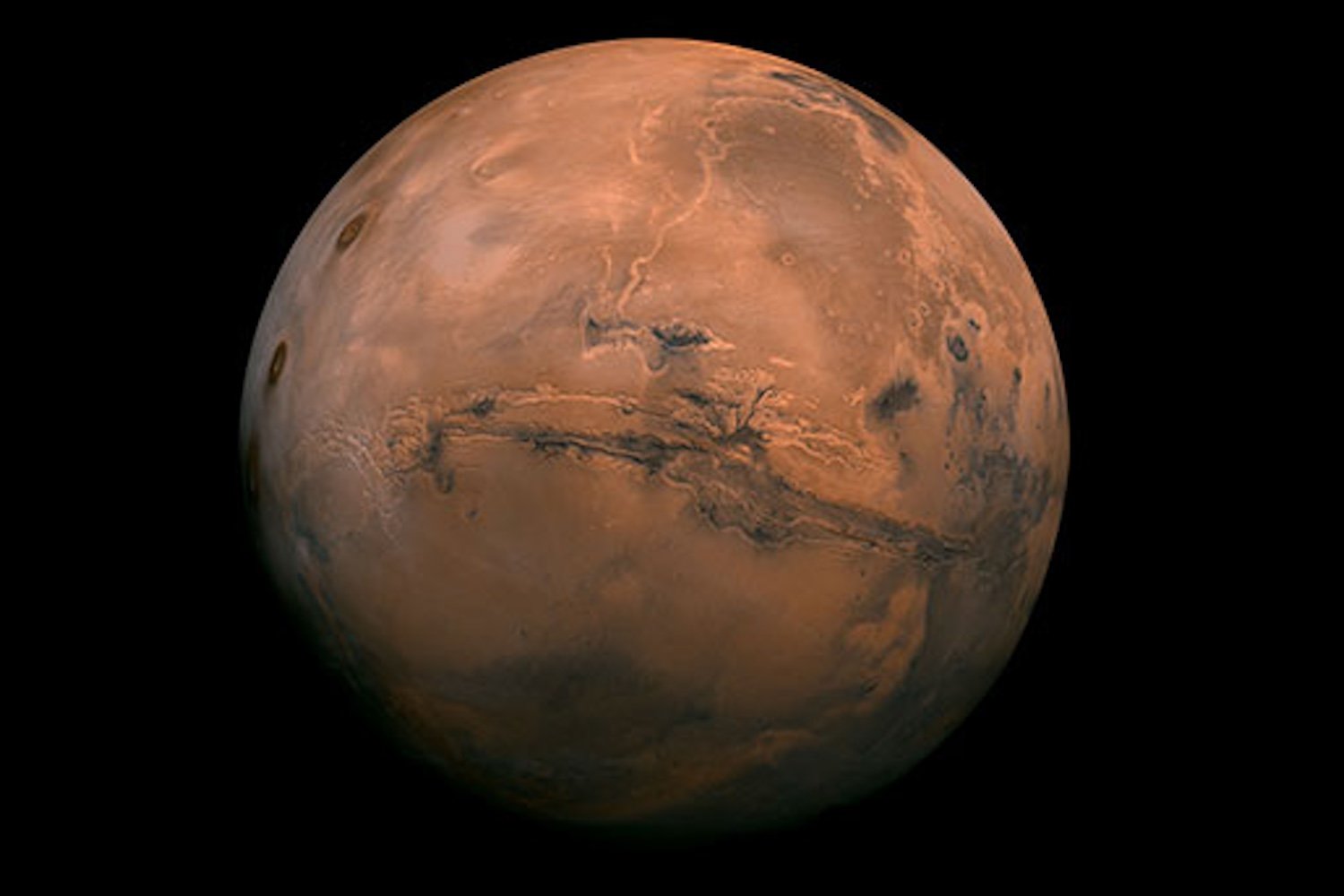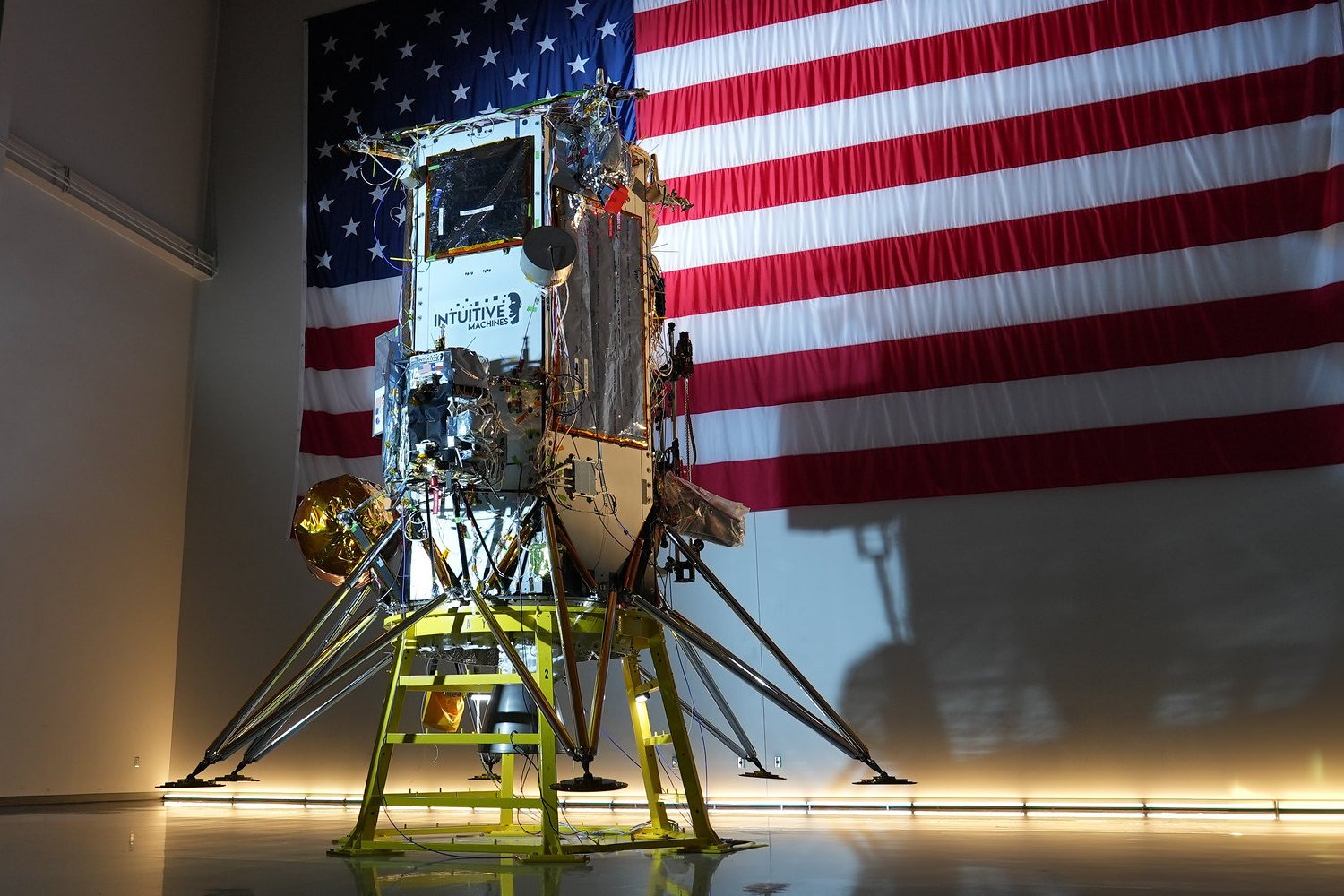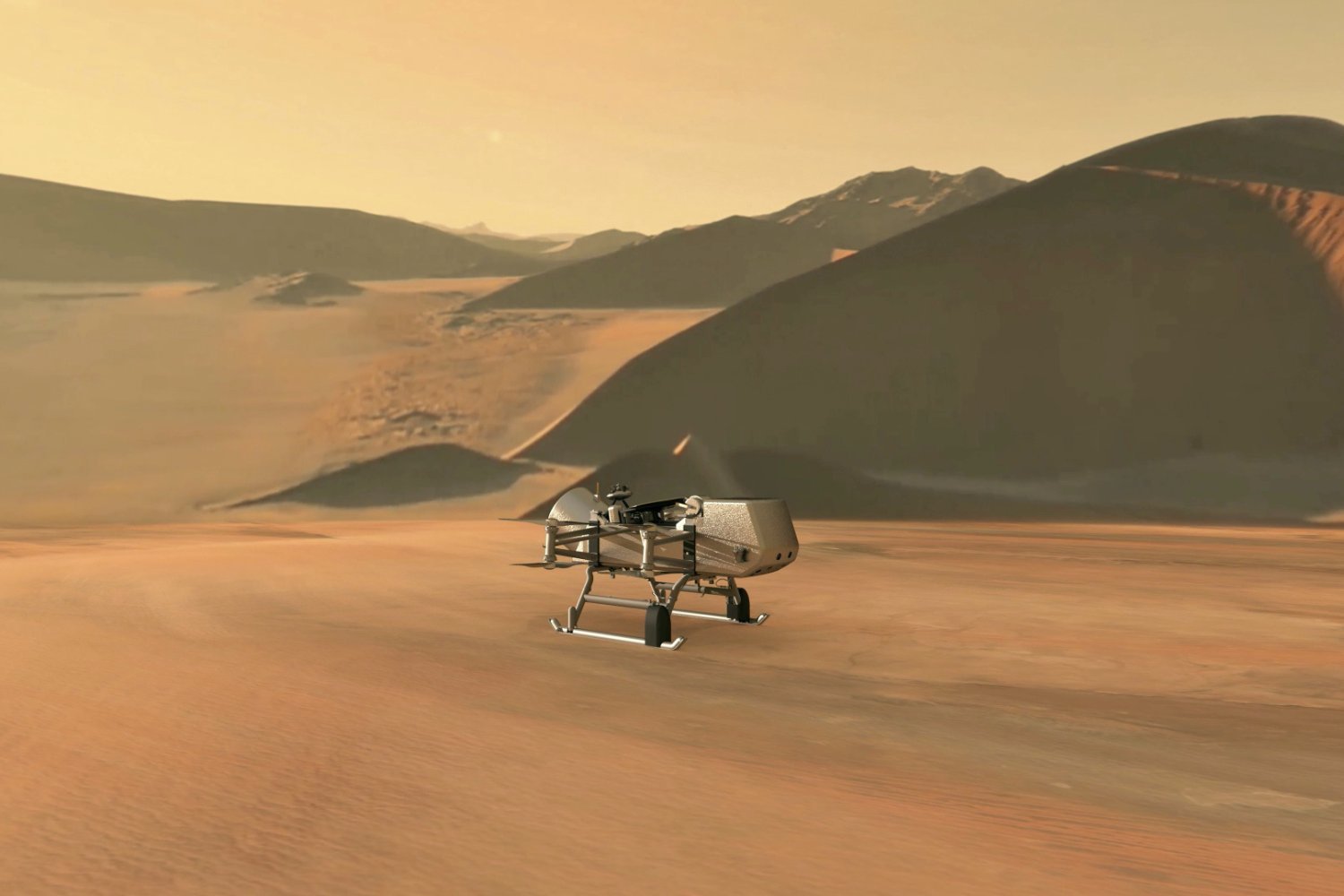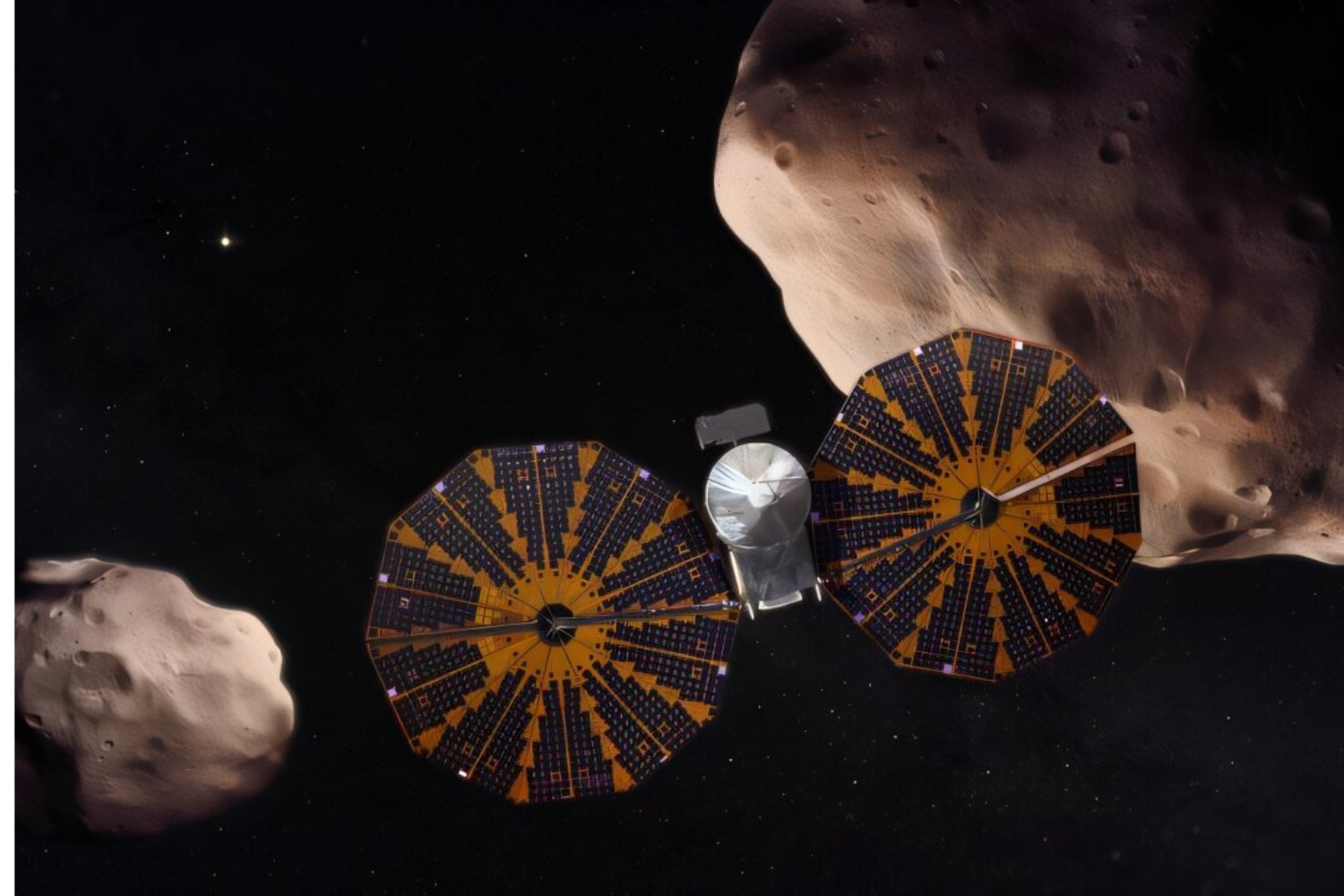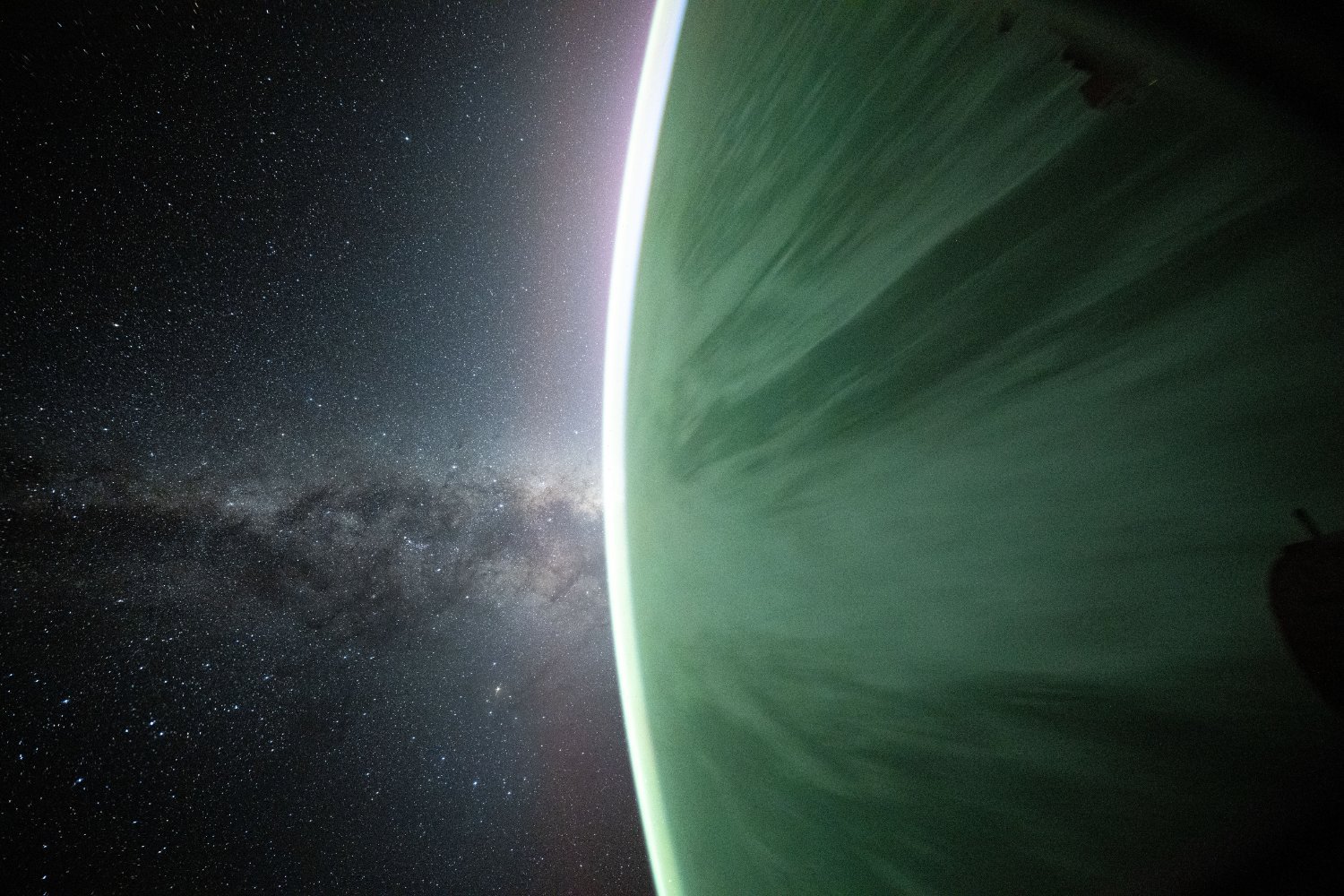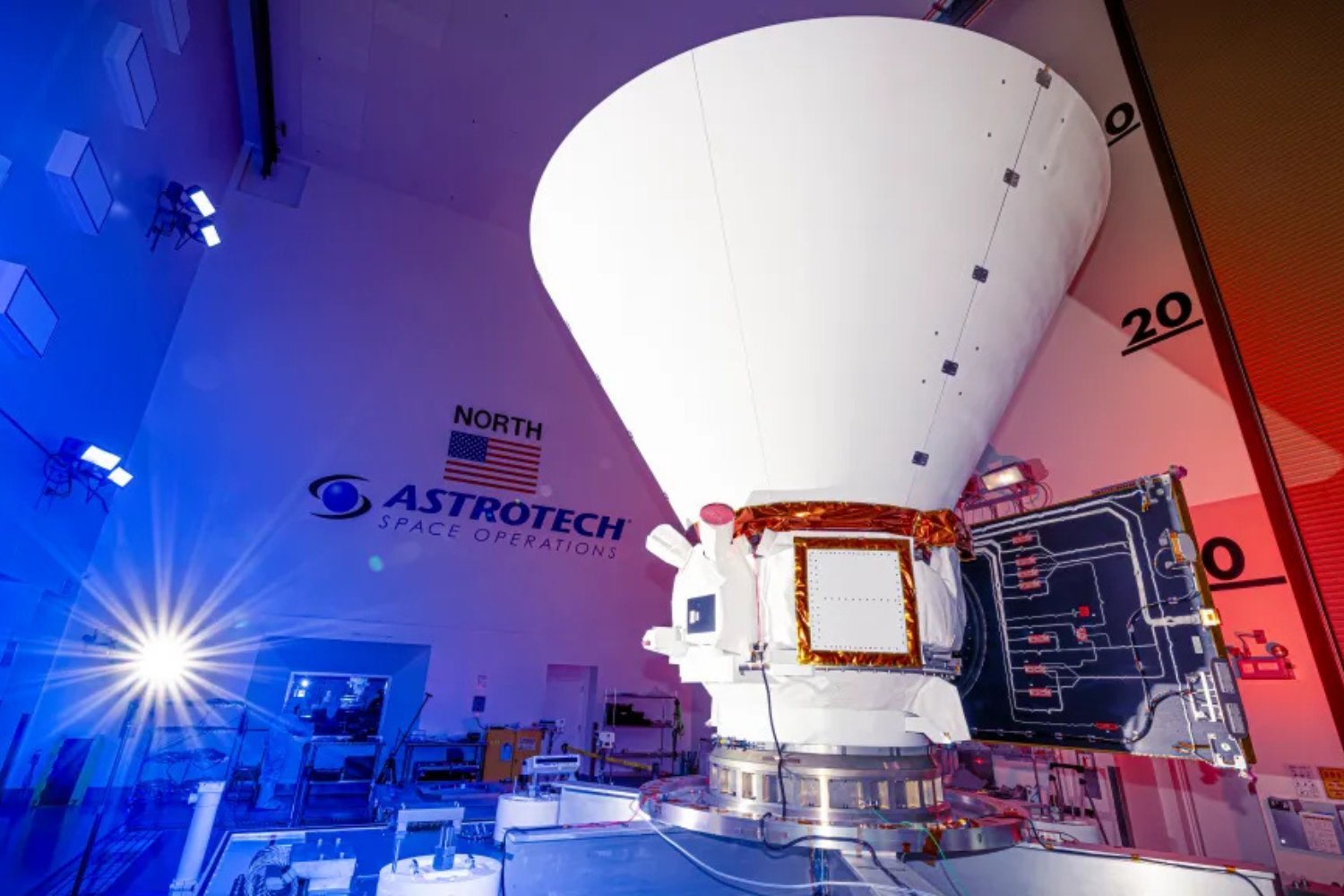Elon Musk recently reignited the debate about the International Space Station’s (ISS) future with a tweet suggesting its deorbiting should begin soon. He argues the ISS has “served its purpose” and offers “very little incremental utility,” advocating for a shift in focus towards Mars. This proposal, aiming for a 2027 decommissioning, is several years ahead of the current schedule. But is such a drastic move truly justified?
While the ISS is undeniably aging, it remains operational, scientifically valuable, and a potent symbol of international collaboration in space. A premature shutdown raises significant concerns, especially considering the ISS’s crucial role in ongoing research and its status as a shared project between multiple nations.
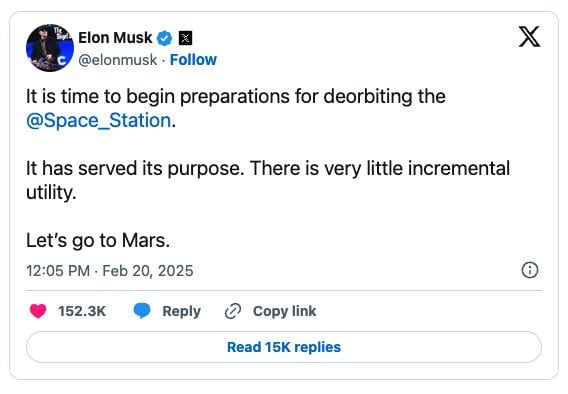 Screenshot of Musk tweet
Screenshot of Musk tweet
The planned decommissioning is already in progress, but a hasty closure necessitates careful consideration. The ISS has a remaining operational lifespan of roughly five years, providing invaluable time for critical scientific endeavors. Its premature disposal could jeopardize vital research and disrupt long-term space exploration plans.
Furthermore, Musk’s involvement in US space policy, coupled with SpaceX’s role as a major NASA contractor, presents a significant conflict of interest. SpaceX was recently awarded a substantial contract to design and build the ISS deorbiting vehicle, raising questions about the objectivity of Musk’s proposal.
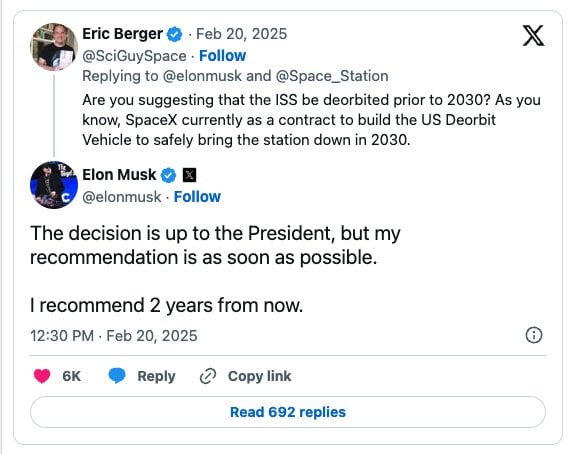 Eric Berger tweet
Eric Berger tweet
This vehicle, while essential for the ISS’s controlled descent, is currently under development. The complex deorbiting maneuver requires meticulous planning and execution to mitigate risks. Accelerating the timeline could compromise safety and increase the potential for unforeseen complications.
NASA’s ambitious space exploration agenda, including the Artemis lunar missions and eventual Mars expeditions, relies heavily on the ISS. Research conducted on the station, particularly regarding the long-term effects of microgravity on the human body, is crucial for preparing astronauts for extended space voyages. A trip to Mars, estimated to take nearly three years, requires extensive medical preparation, much of which is currently being conducted on the ISS.
 Andreas Mogensen tweet
Andreas Mogensen tweet
The ISS also plays a vital role in bridging the gap to future space stations. While private companies have proposed alternative platforms, these are largely in the conceptual stage. Prematurely decommissioning the ISS could leave a significant void in low-Earth orbit research capabilities, impacting NASA’s long-term plans.
Musk’s proposal seemingly aligns with his long-standing ambition for Mars colonization, potentially diverting resources from the ISS and other projects. While he acknowledges the final decision rests with the US President, his recommendation for a swift decommissioning reflects his focus on accelerating Mars exploration.
Ultimately, the future of the ISS warrants a balanced approach. While embracing innovation and future-oriented goals is essential, prematurely discarding a valuable and functional resource like the ISS poses unnecessary risks. A careful evaluation of the scientific, logistical, and international implications is crucial before making such a drastic decision.
Musk’s proposal, while thought-provoking, should not overshadow the ISS’s continued importance in advancing scientific knowledge and facilitating future space exploration endeavors. A measured and strategic transition is essential to ensure a seamless and productive continuation of humanity’s presence in space.



